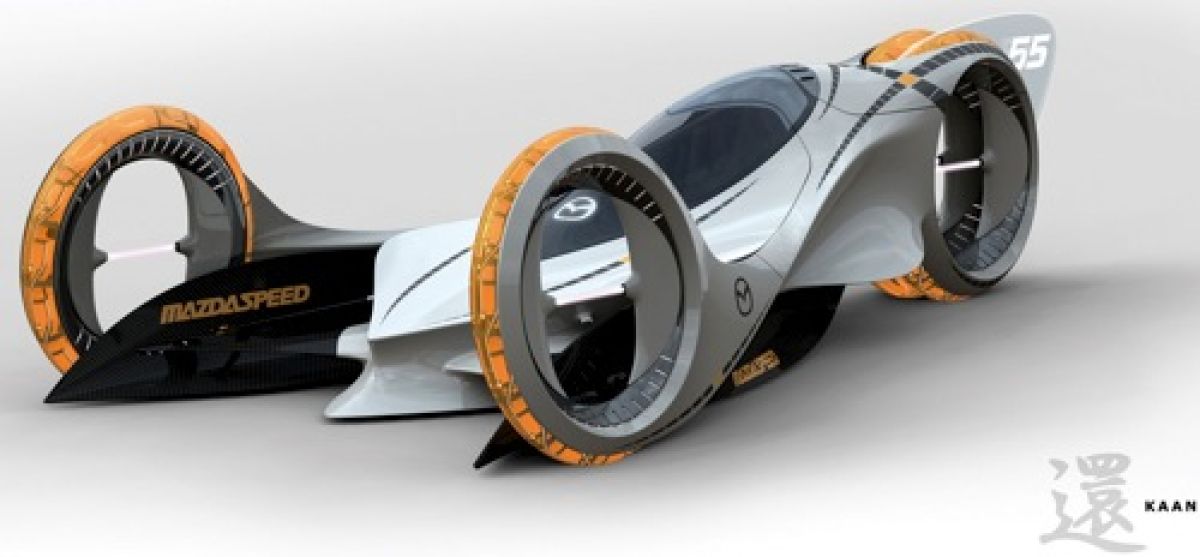Despite what enthusiast and naysayers say, electric cars sell and their numbers are on par with those of hybrids when first introduced over a decade ago. Politicians, naysayer and over-enthusiastic aficionados blur the reality but consumers are becoming smarter about their budget and actual needs.
European Market. Europe is reacting well to electric cars as deliveries and the crucial electric car-charging infrastructure enabling these electric vehicles to charge at home, at work, and in public spaces is happening simultaneously. According to Pike Research by 2020, more than 2.9 million plug-in electric cars will be on Europe's roads and the continent will have more than 4.1 million electric vehicle charging stations installed.
The results predict as much as Europe’s top five-supply equipment for the electric vehicle markets are Germany, France, the United Kingdom, the Netherlands, and Italy with more than 60% of the total market.
Chinese Market. The anticipated winner of the plug-in vehicle market is the new Chinese market. Not only is the country now the world's largest automotive market but the Chinese government has been aggressively pushing electric vehicles. However, according to the Pike Research study, plug-in electric vehicle production won’t match the government's goals of manufacturing 500,000 plug-in electric vehicles a year by 2015. That specific market in China will grow at a compound annual growth rate of 60% from 2012 to 2017. It will surpass the 152,000 units sold annually by 2017, yet that figure represents less than 1% of the total light duty vehicle market in China.
The central government realized its goal wasn’t attainable and has now included hybrids and plug-in hybrids into the equation. The real problem is that the country is fragmented into regional governments with close relationships between local governments and local vehicle manufacturers. This has created problems in implementation when it comes to vehicle and technology standardization. With competing interests clashing that have already delayed the release of China's Energy Saving and New Energy Vehicle Industry Development Plan for 2011-2020, companies find it difficult to strategically plan their investment in EV production and infrastructure.
And The US Market. The famous Obama plan to have a total of 1 million electric vehicles on the road by 2015 will be impossible to achieve. Automakers in Japan and the United States have ramped up production but the challenges of launching new models and sales to mainstream consumers is proving difficult to meet. According to the Pike Research, around 410,000 plug-in vehicles will be sold between 2011 and 2015 in the United States, and cumulative U.S. sales will not reach the 1 million mark until 2018.
All in all, plug-in electric cars will find their way onto our streets when and where potential consumers see fit. The real problem is lowering manufacturing costs so that consumers buy those plug-in hybrid and electric vehicles.






Comments
I am one of the stronger EV
Permalink
I am one of the stronger EV proponents, and I'm as guilty as any when it comes to predicting plug-in vehicle adoption rates. I thought the one million by 2015 was not only attainable, but conservative.
I stand corrected.
I'm actively working in the business of selling EVs, the Nissan LEAF specifically, but also the Volt (referrals). Business boomed the first year, but has fallen off of late. I suspect we have seen most of the early adopters, and now we have to convince the rest.
It's sad that more Americans don't seem to care much about the negative aspects of driving their old, clunky ICE vehicles, but there you have it. They just don't care about the harm they do to other humans or our shared environment.
We need better Americans. It's as simple as that.
Yes, we need more people
Permalink
In reply to I am one of the stronger EV by Paul Scott (not verified)
Yes, we need more people aware of their actions and consequences. I'm starting to think I should go out there and sell EVs. Any spots here in LB? In the meantime, France is looking to trim is chronic deficit by... cutting subsidies to its petroleum industry. Now why couldn't we have thought of this?
In the meantime, I always chuckle when people get all flustered because a government gives EV subsidies but never raise an eyebrow at the billions of dollars we give every year to our petroleum industry. How about giving that money to our failing education system so that we can have better scientists and engineers tomorrow?
Thanks, Paul.